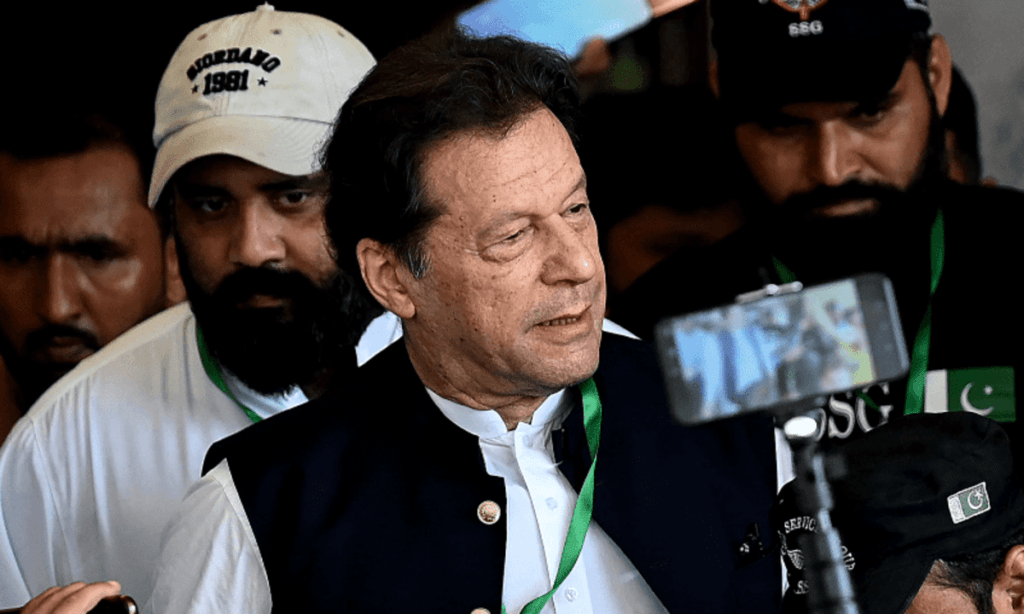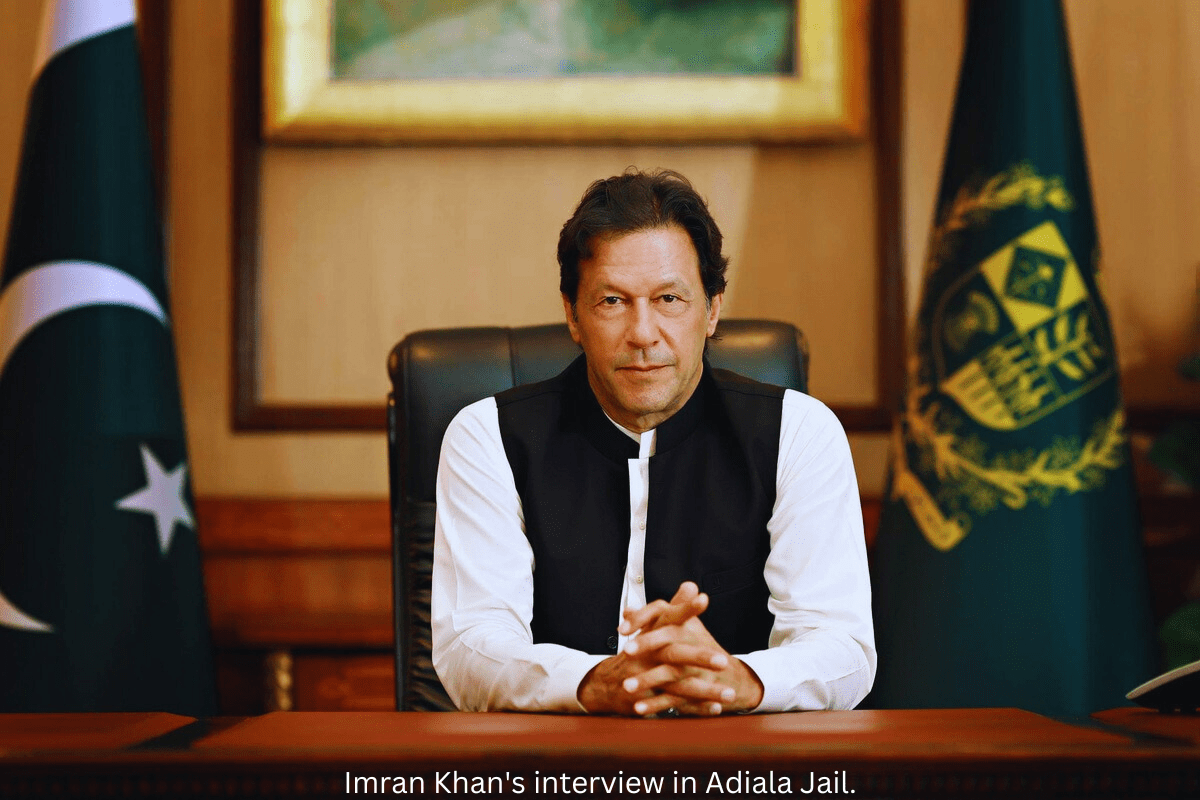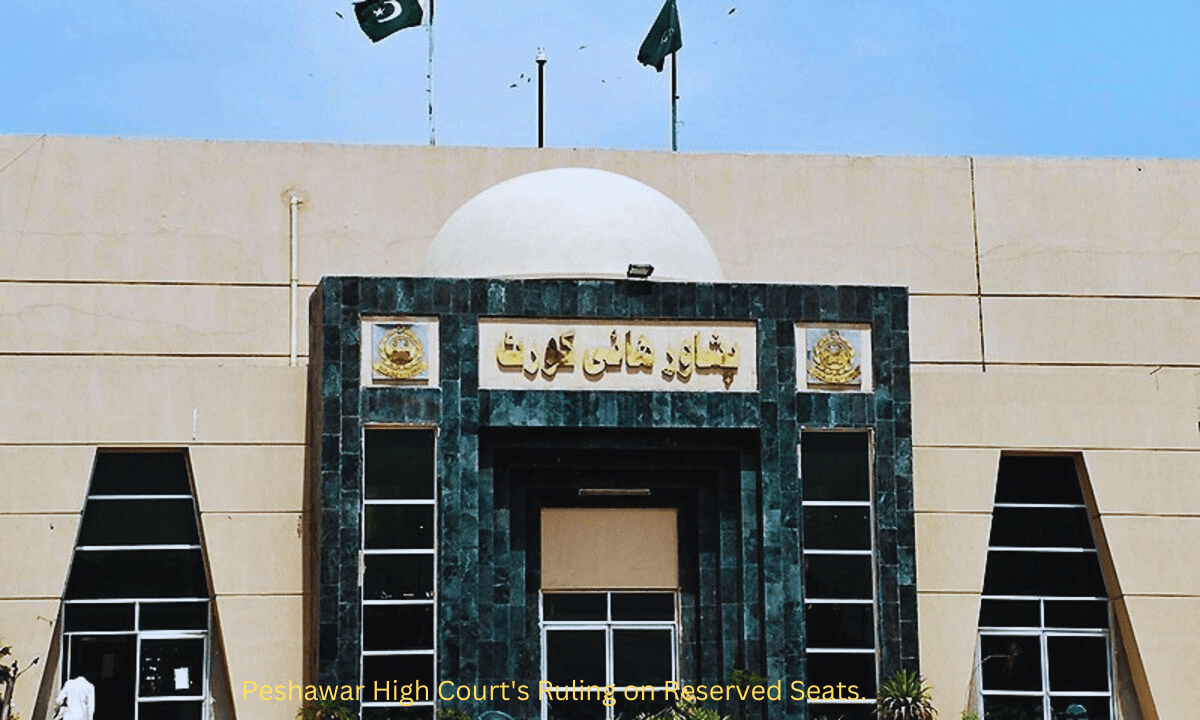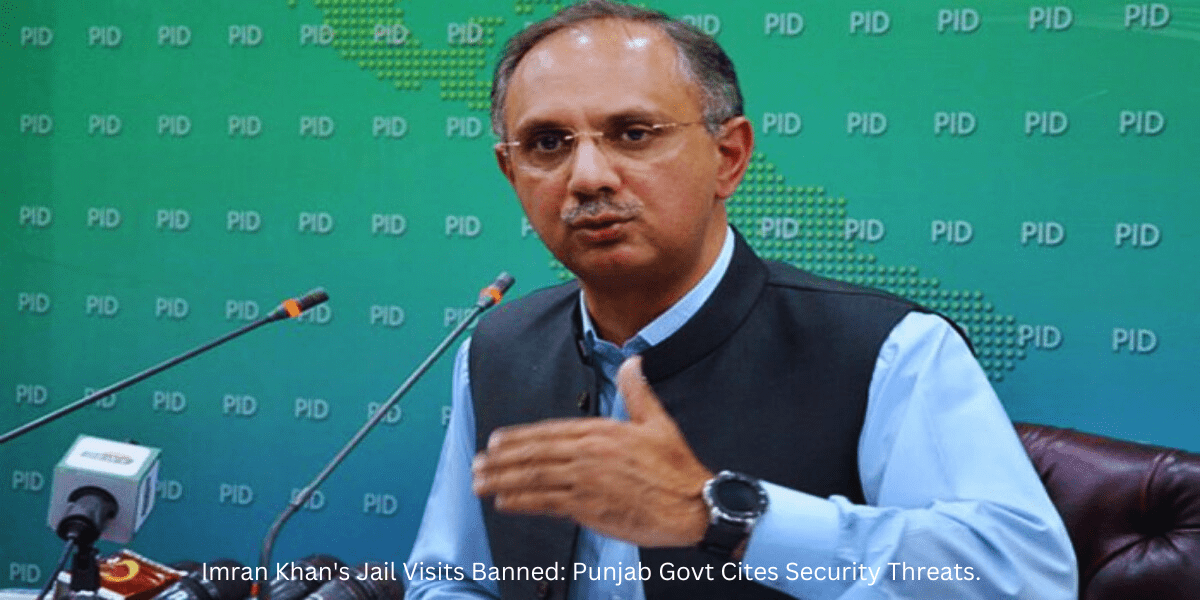
The formation of a special division bench by the Islamabad High Court signals a critical juncture in the legal saga surrounding former Prime Minister Imran Khan, his wife Bushra Bibi, and former Foreign Minister Shah Mehmood Qureshi. As they prepare to challenge their convictions in both the cipher and Toshakhana cases, allegations of unfair trials and procedural violations loom large. The appeals highlight concerns about the secretive nature of proceedings, the alleged haste in judgments, and the denial of fair cross-examination opportunities. Imran Khan and his legal team emphasize their cooperation with the courts and raise objections to the appointment of state counsels without consent. The urgency to conclude the trials before specific events, such as elections, raises questions about the impartiality of the legal process. As the appeals unfold, the focus remains on ensuring a fair trial and upholding the principles of justice. The outcome of these appeals could significantly impact the political landscape of Pakistan and the perception of its judiciary’s independence and integrity.
Imran Khan’s Legal Battle: Unraveling Conviction in Cipher and Toshakhana Cases
Former Prime Minister Imran Khan, along with his wife Bushra Bibi and former Foreign Minister Shah Mehmood Qureshi, finds themselves entangled in a legal battle challenging their convictions in high-profile cases. Let’s delve into the details of their appeal and the controversies surrounding the cipher and Toshakhana cases.
Cipher Case: Allegations and Appeal
Imran Khan and Shah Mehmood Qureshi face a 10-year sentence each in the cipher case, which revolves around accusations of financial misconduct. The appeal raises concerns about the arrest and remand hearing in August 2023, conducted in a manner deemed objectionable and clandestine.
Procedural Irregularities
The appeal contends that the prosecution failed to share complete records, leading to hasty indictments. Notably, the trial court proceedings faced glaring illegalities, with the trial being concluded in less than 20 days, raising questions about the fairness of the process.
Unfair Cross-Examination Opportunities
Imran Khan and Shah Mehmood Qureshi’s legal team asserts their cooperation with the trial court. However, objections were raised against the appointment of state counsels without consent, denying the accused a fair chance to cross-examine witnesses. The trial’s swift pace, moving to a “secret room,” adds another layer of contention.
Toshakhana Case: Convictions and Appeal Allegations
The Toshakhana case involves Imran Khan and Bushra Bibi, who received 14 years’ imprisonment each and a significant fine. The appeal argues that the trial violated the fundamental right to a fair trial.
Abrupt Closure of Cross-Examination
The lead counsel, Sardar Latif Khan Khosa, faced hurdles, contesting elections and seeking adjournments. However, the trial court allegedly, and illegally, closed the right to cross-examine prosecution witnesses, raising questions about due process.
Undue Pressure and Swift Judgement
The alternative lawyer, Zaheer Abbas, was reportedly under time constraints due to undue pressure to conclude the case before the elections. Despite efforts to restore cross-examination, the judge announced the judgment without recording statements under Section 342 of the Criminal Procedure Code.
Appeal for Fair Trials: What’s at Stake?
Imran Khan, Bushra Bibi, and Shah Mehmood Qureshi’s appeal transcends individual cases, striking at the heart of the judicial process’s integrity. The allegations of procedural irregularities, denial of fair cross-examination, and apparent pressures on the trial process bring into question the fundamental right to a fair trial. As the Islamabad High Court’s division bench, led by Chief Justice Aamer Farooq and Justice Miangul Hassan Aurangzeb, prepares to hear the appeals, the outcomes carry significant implications not only for the individuals involved but also for the broader perception of justice and fairness in Pakistan. The unfolding legal drama awaits a resolution that could reshape the political landscape and public trust in the country’s judiciary.
Frequently Asked Questions(FAQ’s)
Q: What are the cipher and Toshakhana cases involving Imran Khan and others?
A: The cipher case revolves around allegations of financial misconduct, resulting in convictions and a 10-year sentence for Imran Khan and Shah Mehmood Qureshi. The Toshakhana case involves misuse of state resources, leading to convictions and 14 years’ imprisonment for Imran Khan and Bushra Bibi.
Q: What grounds are being cited in the appeals filed by Imran Khan, Bushra Bibi, and Shah Mehmood Qureshi?
A: The appeals highlight procedural irregularities, allegations of unfair trials, and denial of proper legal representation. They raise concerns about the swift pace of proceedings, lack of fair cross-examination opportunities, and apparent pressures to conclude trials before specific events.
Q: What potential implications do the outcomes of these appeals hold for Pakistani politics?
A: The outcomes could significantly impact the political futures of the individuals involved, including Imran Khan and his associates. Additionally, they could influence public perception of the judiciary’s integrity and independence, shaping trust in the legal system and its ability to deliver fair justice.




Leave a Reply